Butler County Grow and Know Event
Learn how to plant and pot your own herbs Wednesday, May 14, 2025 at 6:30 p.m. at Garver’s Family Farm Market.
Read MoreA killing frost for much of our area Sunday night brought the gardening season to an end and should speed up harvest for our grain crops. Now is a great time to think about how to put your garden properly “to bed” for the winter. A few tips are below to help you set yourself up for success next year.
Fall is the best time of year for soil testing. This is without a doubt one of the best investments you can make with your garden. This allows you to know exactly what nutrients you currently have in your soil, and how much you need to add (if any). More importantly, it will also tell you the pH of your soil. Adjusting pH can take up to 12 months, so testing this fall will help you get your pH corrected in time for growing next year’s crop. Surprisingly, I see a lot of soil test reports come through our office with very high soil pH (>7.5). This leads me to believe that some folks are applying lime or wood ashes every year without soil testing, which increases soil pH. Adding lime (or wood ashes) without knowing your current pH could do more harm than good.
Many of our problematic weeds like marestail, thistle and ground ivy can also be controlled most effectively in the fall. This is the time of year that many of our perennial weeds start moving resources to their root systems for next year. An application of glyphosate or 2,4D will be pulled in through the leaves down into the roots providing better control. Always read and follow the directions on the label for herbicides. Weed control can also be effective without the use of chemicals. Covering your garden, or weedy patches, with heavy black plastic throughout the winter will suppress or kill many of your weeds.
You may be tempted to break out the plow or rototiller for your garden to get rid of the weeds but be patient. If you had weeds go to seed, tilling your garden this fall will just bury the seeds and protect them from the winter. An astonishingly large amount of weed seeds on the soil surface are eaten by insects and birds. Every seed they eat is one less weed you may have to contend with. After the insects and birds get their fill, cold winter temperatures can further decrease the amount of seeds.
Heavy mulching can be a great way to increase your organic matter, and insulate tender plants like strawberries. It is common to apply leaf mulch or straw to empty garden beds over the winter. The material will break down over the winter supplying nutrients to the soil, suppress weeds, and generally make the garden look neat. Timing is important if you plan to mulch this fall. Mulching too early will insulate those weed seeds that I mentioned, and also will provide a protective layer for any soil borne diseases. Waiting to mulch until after several hard frosts (less than 28F) will provide the best results. Mulching is not necessary for most gardens, but can be a useful tool if implemented properly.
Speaking of plant diseases, you should remove all left over plant material from your gardens to remove as much disease inoculum as possible. Leaving your late-blight (or any other disease) infected plants in your garden over winter will only add to your disease problems next year. Do not throw diseased plants in your compost! You need to get the plants off your property in the trash, or some other means.
Good luck with your winter gardens! If you have any questions about purchasing a soil test kit, interpreting your soil test results, or getting your garden ready for winter, give me a call at 330-638-6783.
Submitted by Lee Beers, an Agriculture & Natural Resources Educator for OSU Extension-Trumbull County. He can be reached by email.
OFBF Mission: Working together for Ohio farmers to advance agriculture and strengthen our communities.
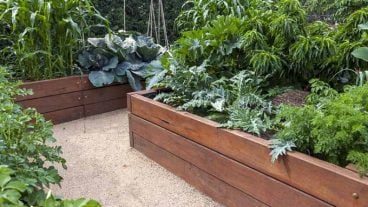
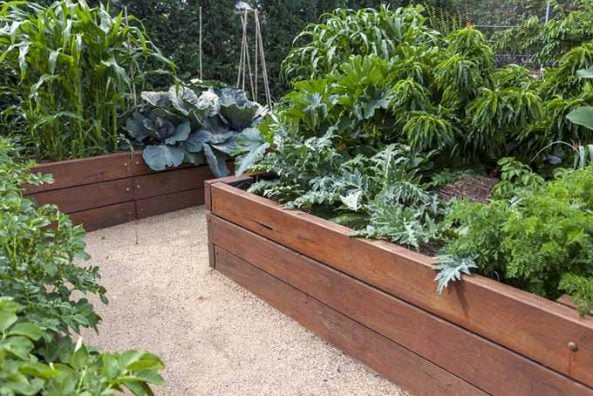
Learn how to plant and pot your own herbs Wednesday, May 14, 2025 at 6:30 p.m. at Garver’s Family Farm Market.
Read More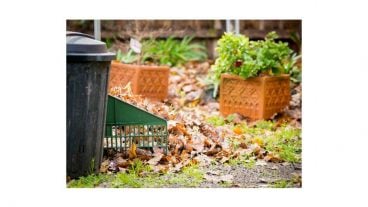
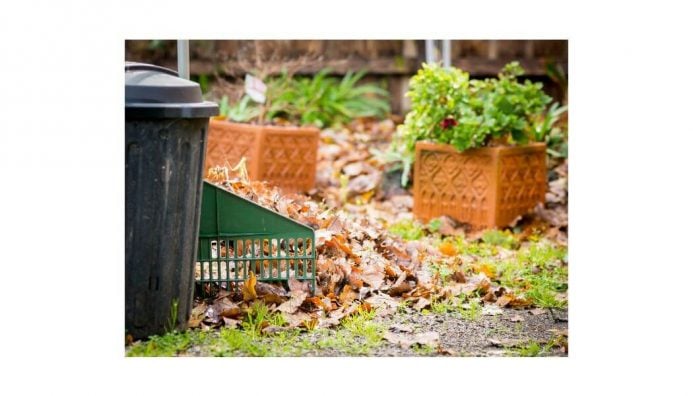
Sometimes the best course of action is nothing at all. Leave the leaves, forget the garden, and compost the decorations.
Read More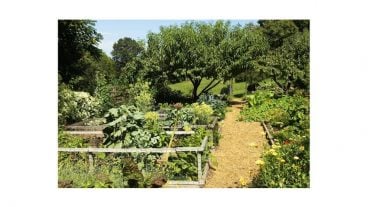
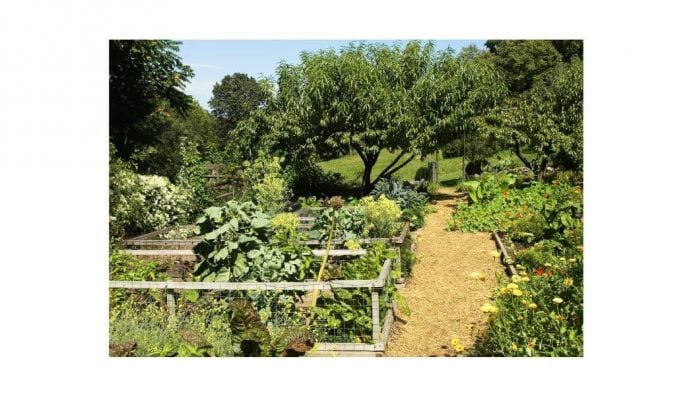
If you have any questions about your gardens, OSU Extension and the Trumbull County Master Gardener Volunteers are here to assist.
Read More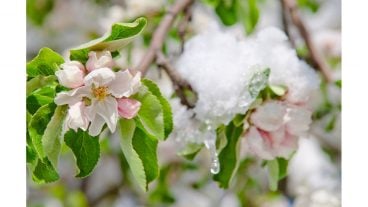
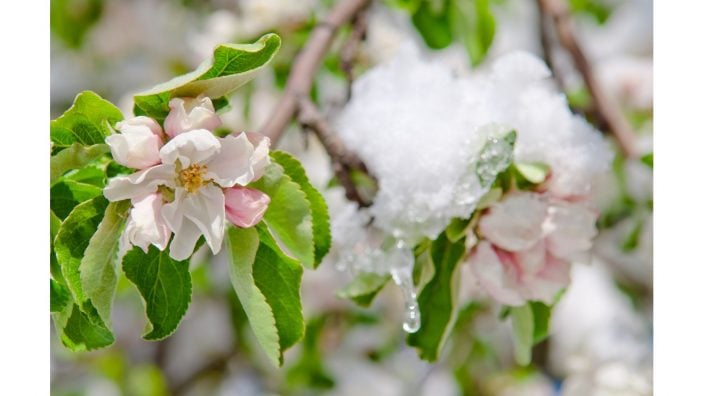
Weather patterns like we are experiencing this year increase the risk of loss for fruit and ornamental crops.
Read More

Groovy Plants Ranch is a retail store and tourist mecca with a huge emphasis on unique and unusual plants.
Read More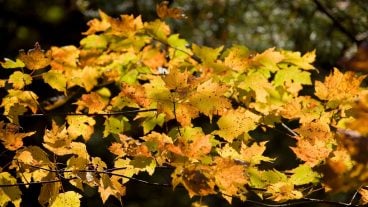
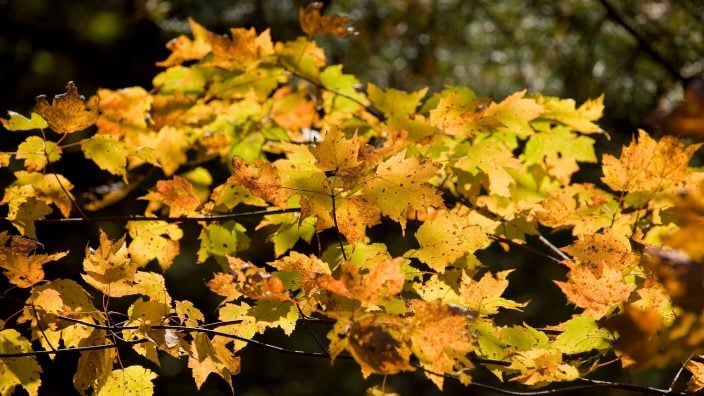
Whatever method you choose, understand there is no right way or wrong way to handle leaves each fall.
Read More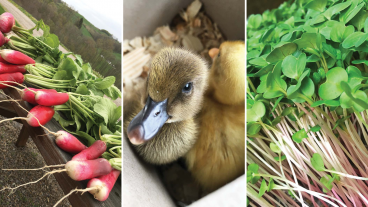
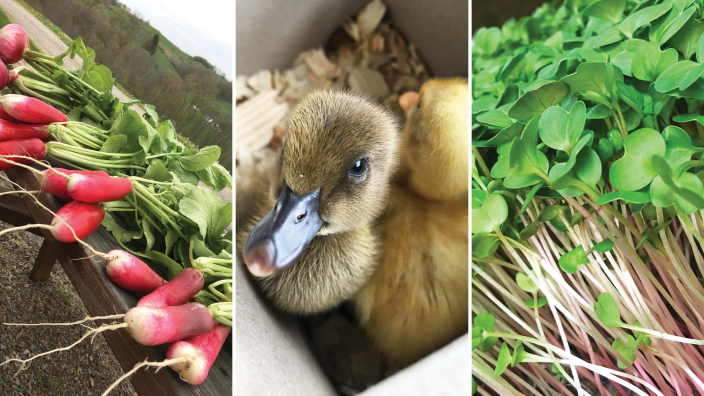
Hard work, dedication and concern for others aren’t quaint concepts at Olde Tyme Farms. These principles helped the 20-acre chicken,…
Read More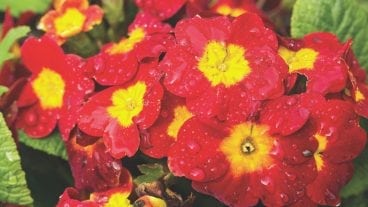
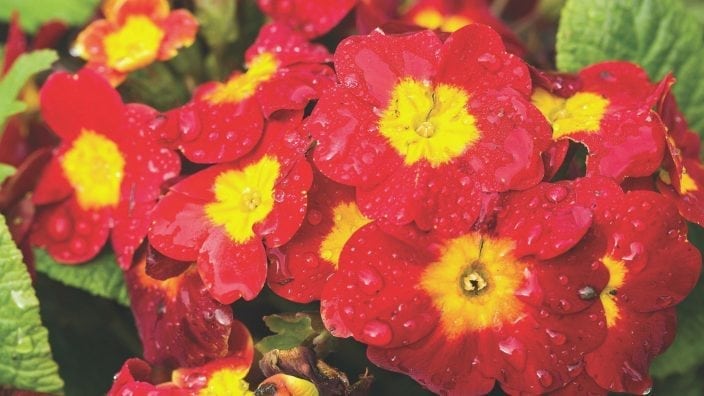
Gold pocket watches, delicate china and heavenly scented flowers are among the heirlooms passed along from one generation to the…
Read More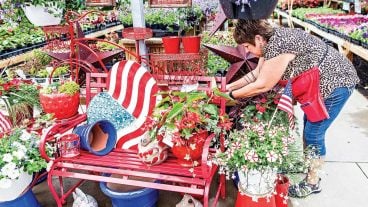
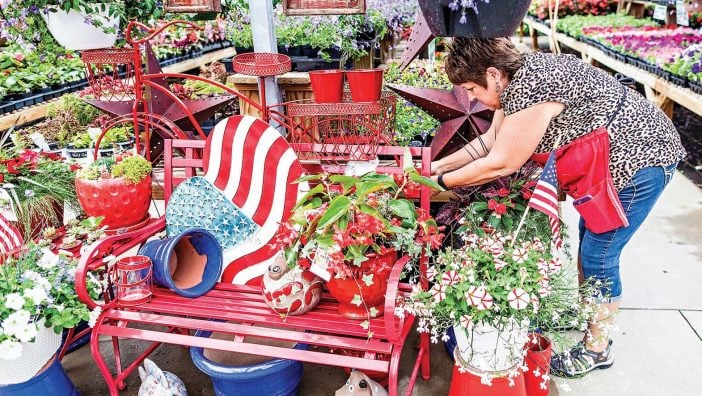
A buzz of activity surrounds the lead-up to Memorial Day for nurseries and greenhouses, like bees hovering around the bright…
Read More

In real estate — and home gardening — one thing to remember is location, location, location. The ideal garden spot…
Read More